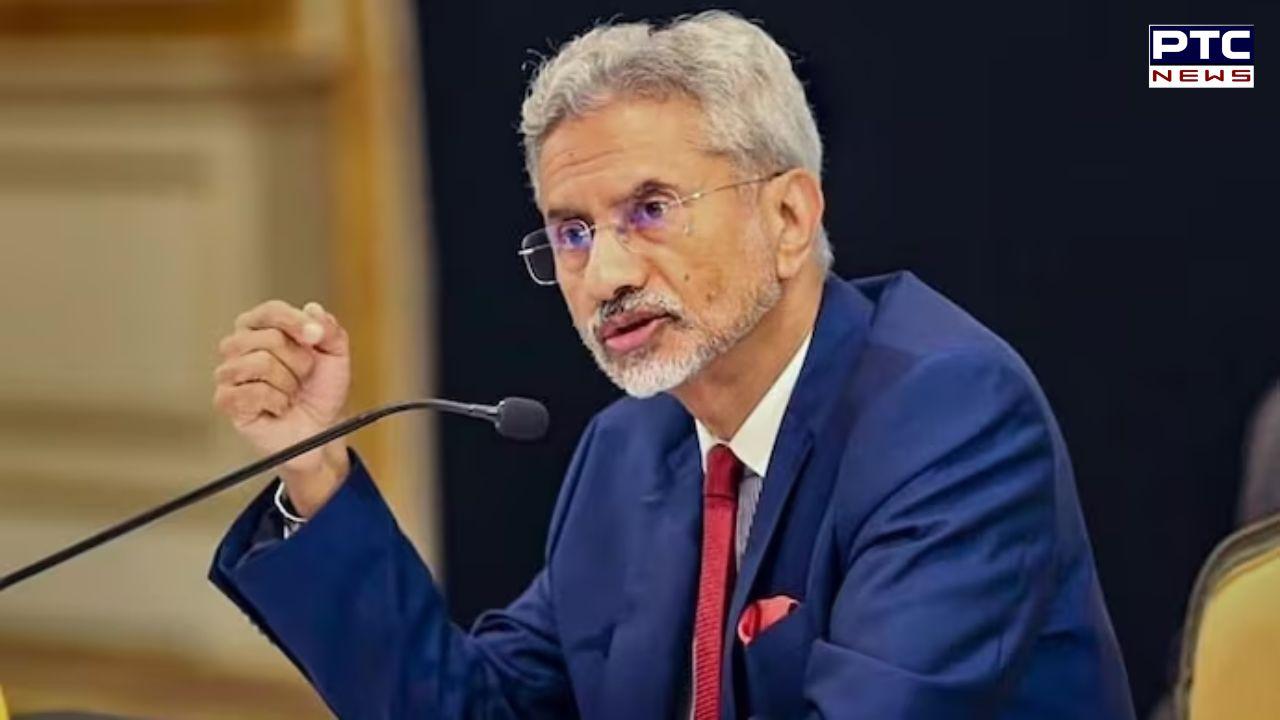

India won't succumb to nuclear blackmail, will respond decisively to terrorism: Jaishankar's strong message to Pak
PTC Web Desk: External Affairs Minister S Jaishankar, in a firm message to Pakistan, has stated that India will never yield to nuclear intimidation and will continue to respond strongly to terrorism. Speaking at an event in Vadodara, Gujarat, the EAM highlighted the April 22 terror attack in Pahalgam, Jammu and Kashmir, as an attempt to destabilise the region both economically and communally.
“The Pahalgam attack was not just a senseless act of violence but a deliberate move to destroy the tourism economy of Jammu and Kashmir and incite religious discord,” Jaishankar said.
He described the killings as “barbaric” and said they demanded a firm and exemplary response. India’s counterattack, which involved precision strikes on terrorist hubs in Bahawalpur and Muridke in Pakistan, was part of a calculated retaliation, he added.
Jaishankar slams nuclear blackmail and terror sponsorship
Addressing growing concerns about nuclear threats from Pakistan, the External Affairs Minister said India would never be coerced by nuclear blackmail. “Whatever decisions we take in India’s national interest, we will continue to take. We will not be blackmailed by nuclear threats,” he said, reinforcing India’s strategic autonomy and unwavering approach to national security.
He further said nations supporting or harbouring terrorists must face serious consequences. “Those who sponsor, nurture, and utilize terrorism must be made to pay a high cost,” he stated, in a clear message aimed at Islamabad.
Jaishankar also acknowledged the global support India received for its right to act in self-defense, appreciating the solidarity shown by several international partners in the wake of the attacks.
Turning to international affairs, Jaishankar criticised what he described as “modern forms of domination” emerging in the post-colonial world. He argued that some powerful nations have begun exploiting globalisation for their own interests, often delivering unjust judgments and practicing transactional diplomacy.
“While colonialism may have ended, a new form of dominance has emerged under the guise of globalisation,” he noted.
Jaishankar called for diplomacy rooted in mutual respect and shared benefit, asserting that India’s foreign policy is grounded in values, compassion, and cultural respect.
- With inputs from agencies
